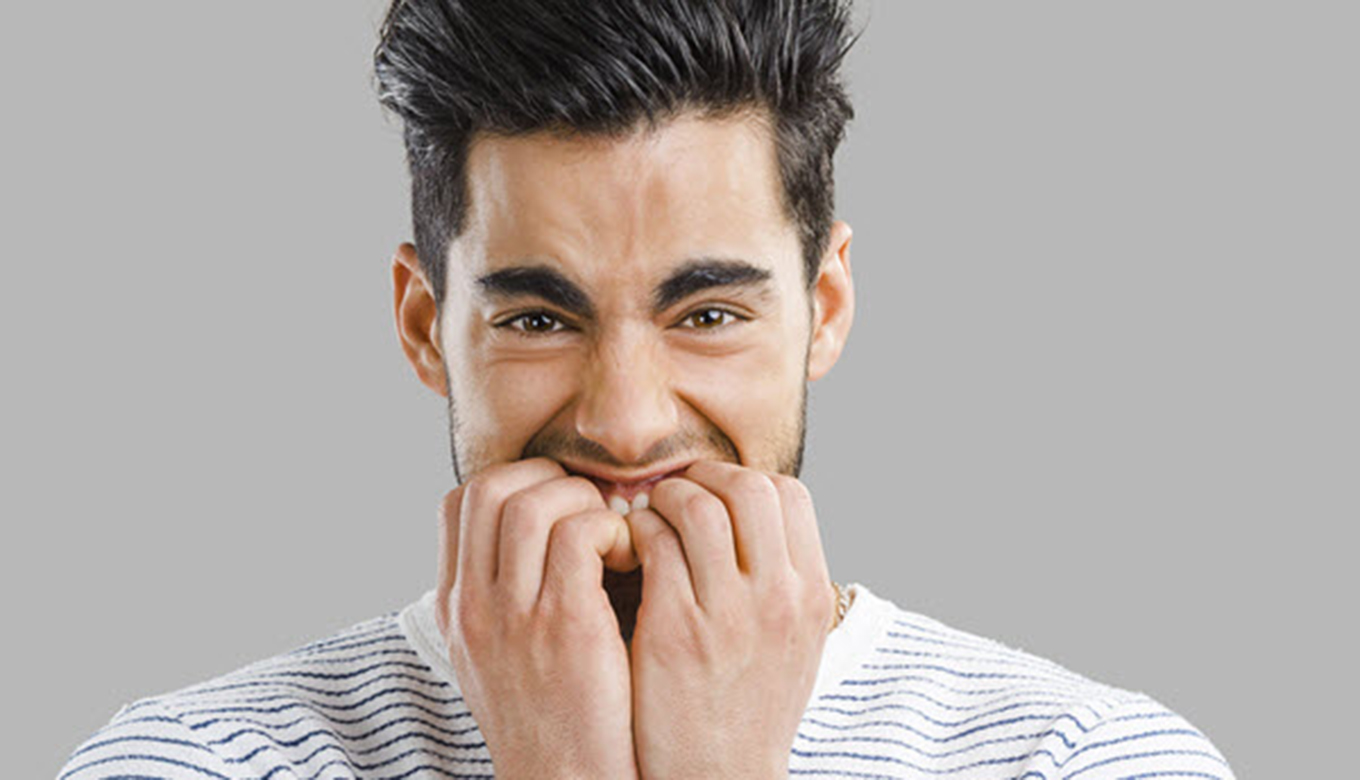Nail Biting is harmful to your teeth

During childhood, most of us got scold from our parents for nail biting as the habit is bad for our health. In contrast, the practice of biting nails is a common thing in people of all age ranges. This is one of the habits that cannot be easily broken. Moreover, factors like stress, fidget trigger some people to bite their nails unconsciously.
Do you know the prolonged habit of biting nails is detrimental to our overall oral health? The invisible link between this habit and oral discomforts are explained here. Scroll down to know more.
1) Damage your Teeth
Dentists recommend everyone not to bite any hard objects. Our teeth cannot endure the extreme force you applied to bite such hard substances. Few instances of such abnormal things like opening bottle caps with teeth, chewing pencils, biting pen caps, etc. Biting and chewing nail is not an exception in this list.
Nail is one of the hardest substances in our body. While biting nails, the chances are higher for cracks, chips and fractures over the teeth surfaces. The frequent nail biters are at risk of enamel wear down which leads to teeth sensitivity and other dental problems.
2) Inject harmful microbes into your mouth
Researches show that around more than thousands of harmful microscopic organisms living under our fingernails. Some microbes are managed to stick to the nails even we wash our hands.
Now you imagine that what will happen if you bite the nail which is the habitat of germs and bacteria.
Our mouth also contains a myriad of bacteria that are responsible for various oral problems. The microbes enter into the mouth through nails will worsen the dilemma and produce various diseases when they reach the stomach.
3) Increased risk of gum tissue damage
The sharp edges of the nails are capable to cut the soft tissues inside our mouth. The palate, cheeks, tongue are vulnerable to damage while chewing the nails. Meanwhile, gum flaps which are also soft as the tongue are also prone to such injuries.
Remember that the gum tissues are responsible for supplying the blood for the proper functioning of our teeth. If the wound over the gum is quite deep and damages the tissues underlying the gums, it will contaminate the bloodstream and ends in serious problems more than you think.
4) Pain in the jaw joints and muscles
Frequent nail biting and chewing cause intense pain in the jaw region. Dentists reveal that consistent nail biters increase the risk of Temporomandibular Joint Disorder (TMJ). It compromises the joints in the jaw and causes discomfort with the jaw movement.
People with TMJ encounters more discomfort while opening and closing the mouth. They struggle to utter a word and even to eat their favorite dish.
5) Nail biters might develop Bruxism
Researches show that people with the habit of consistent nail biting develop the habit of grinding their teeth.
Grinding and clenching the teeth is also adverse to your oral health. Similar to biting nails, teeth grinding also leads to teeth sensitivity. Other harmful effects of grinding and clenching teeth include enamel wear away, loosen teeth receding gums, etc.
6) Languish your orthodontic braces
Orthodontic treatments are not fruitful for nail biters even though they wear dental braces for many years.
When you wear teeth braces, the teeth are drifted or aligned to their position with the pressure exerted with the brace. Biting nails apply extra force along with the teeth straightening appliance. It will shorten the teeth roots and cause tooth loss.
Conclusion
Typically, nail biting habit goes off when a person reaches adulthood. People who cannot give up this habit can utilize appliances like cloves and nail polishes. Keep your nails trimmed at regular intervals to avoid bacterial accumulation under the fingernails.
Leave a Reply